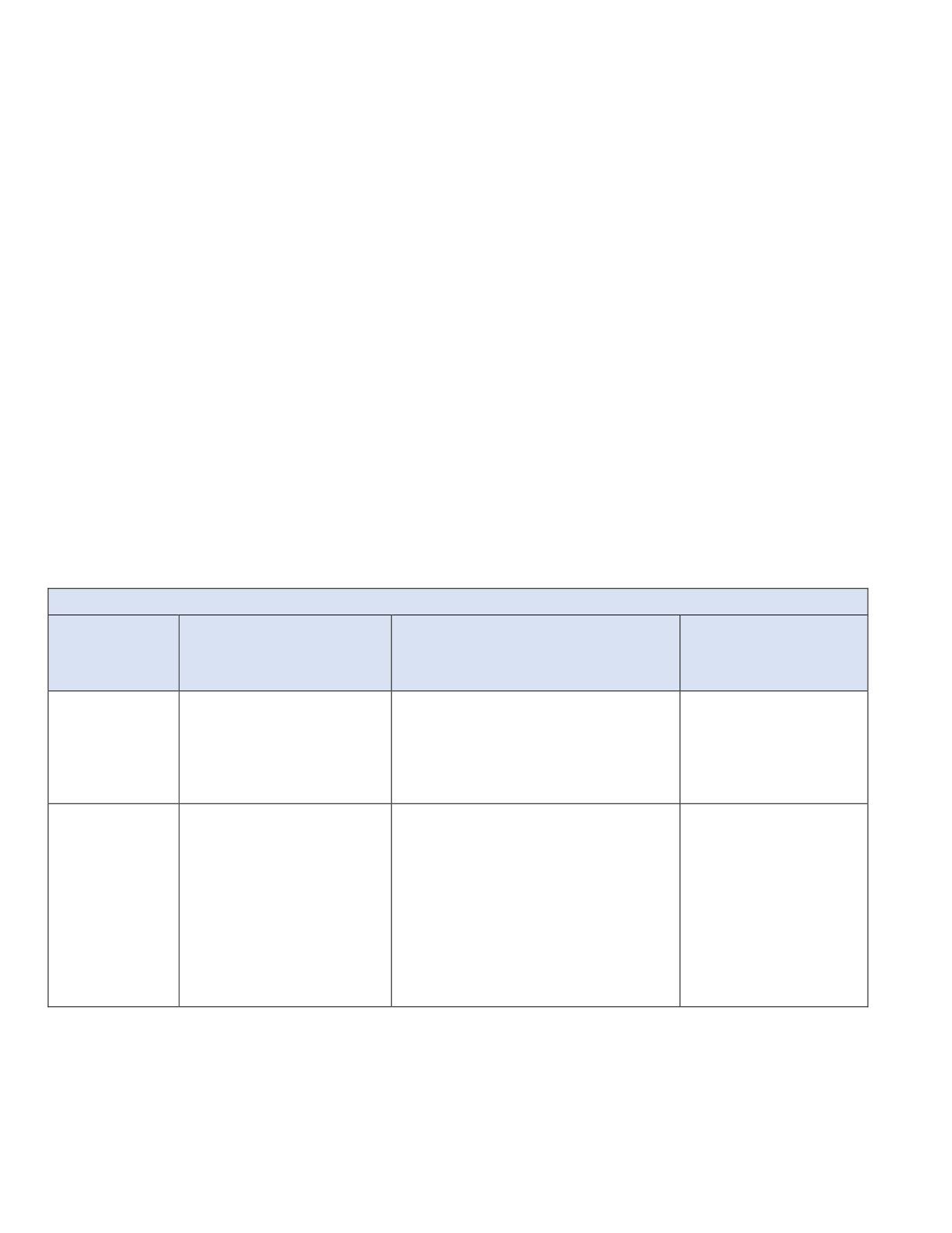

DAKOTA NURSING PROGRAM
Bismarck State College • Dakota College at Bottineau • Lake Region State College • Williston State College
2
NURS 121 Practical Nursing I
NURS 122 Clinical Practice I
COREQUISITES:
NURS 127 Practical Nursing II – Introduction to Medical Surgical Nursing
NURS 145 Introduction to Maternal Child Nursing
REQUIRED TEXTBOOKS:
1.
Assessment Technologies Institute (ATI) Review Package and Skills Modules for PN students.
2.
Doenges, M., (2016)
Nurses Pocket Guide Diagnoses, Prioritized Interventions and Rationales
, (14
th
ed.) F. A.
Davis
3.
Horntvedt. (2015)
Calculating Dosages Safely: A Dimensional Analysis Approach.
(1
st
ed.) FA Davis.
4.
Perry, A.G. & Potter, P. (2017)
Fundamentals of nursing.
(9
th
ed.) St. Louis: Mosby.
(Text and/or eBook)
5.
Perry, A.G. & Potter, P. (2017)
Fundamentals of nursing: Study guide
(9
th
ed.) St. Louis: Mosby.
6.
Silvestri, L. (2016)
Saunders Comprehensive Review for the NCLEX PN
(6
th
ed.) St. Louis: Saunders/Mosby.
7.
Skyscape Nursing Constellation Plus package
(Includes Davis’s Drug Guide for Nurses, Diseases and Disorders:
A Nursing Therapeutics Manual, Davis’s Comprehensive Handbook of Laboratory and Diagnostic Tests with
Nursing Implications, and Taber’s Cyclopedic Medical Dictionary)
8.
Weber and Kelly (2014).
Health Assessment in Nursing.
(5
th
ed.) Philadelphia: Lippincott.
9.
Weber and Kelly (2014).
Lab Manual for Health Assessment in Nursing.
(5
th
ed.) Philadelphia: Lippincott.
*Students must have reliable high speed internet which is required to access online books and resources.
STUDENT LEARNING OUTCOMES (With Related Learning Activities and Evaluation):
NURS 124: Clinical Practice II
Program
Student Learner
Outcomes
(SLOs)
NURS 124 Course Student
Learner Outcomes (SLOs)
Learning Activities
Course SLO
Evaluation
Teamwork and
Communication
1.
Communicate effectively
with the interdisciplinary
health care team to
promote safe, quality
client centered care.
Students complete the SBAR report tool at
the end of the clinical rotation with
oncoming employees and throughout their
clinical shift, or practice with other
students as a “role model.”
•
Clinical performance
evaluation
•
Patient assessment
documentation
•
Care Plans
•
Lab performance
Professionalism
and Leadership
2.
Utilize appropriate
policies and procedures
within the health care
setting.
3.
Recognize own values,
beliefs, and attitudes
related to health and
wellness.
Students are expected to know the policies
and procedures for each clinical site in
which they are participating. They are also
expected to know the role of the student
nurse (DNP handbook).
Students will assess the values and beliefs
of the client they are caring for. If there is a
conflict between the client and student
beliefs, these will be discussed with the
clinical faculty prior to the clinical and a
plan of resolution will be developed.
•
Clinical performance
evaluation
•
Patient assessment
documentation
•
Care Plans
•
Lab performance


















